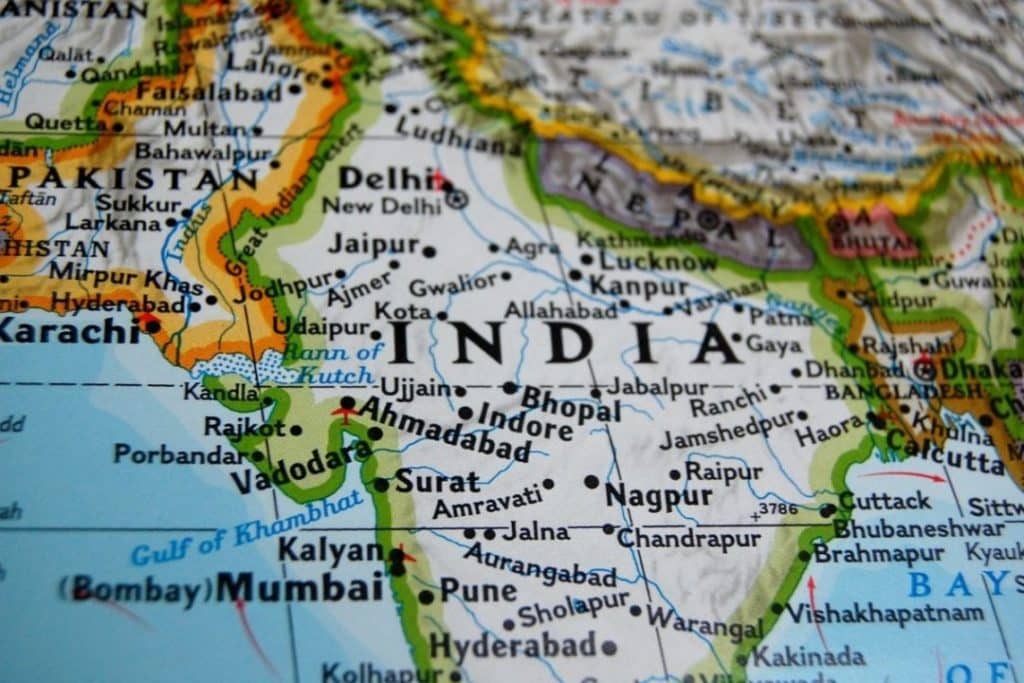
Following a summer of concern, India’s stocks of rice and wheat have been pronounced sufficient, and wheat could be sold by the government to help control domestic prices if necessary, Reuters reported, citing the Ministry of Consumer Affairs, Food and Public Distribution.
At an Oct. 17 news conference, Sudhanshu Pandey, the most senior civil servant at the ministry, said the country has enough stocks of wheat and rice to meet its obligations and would “intervene if needed” by selling wheat on the open market to temper food inflation, according to Reuters.
Food inflation accounts for nearly 40% of the consumer price index basket in India. Pandey said the rates of vegetable and cereal staples have risen only at a moderate pace, and the steps initiated by the government have helped keep a lid on grain prices.
India, which had produced three straight bumper wheat crops before this year, had announced in the spring that it planned to increase exports to help ease global supply concerns following Russia’s Feb. 24 invasion of Ukraine. The government reversed course several weeks later after it became apparent that this year’s intense heat wave and drought would severely hamper production.
India is the world’s second largest producer of wheat with 106.8 million tonnes expected to be harvested in the 2022-23 marketing year, according to the International Grains Council (IGC), but with 1.4 billion people, it is also the second biggest consumer at 104.5 million tonnes.
Close on the heels of the ban on overseas wheat sales, India restricted rice exports as scant rains in the country’s east affected the planting of the water-thirsty crop. The IGC sees India’s rice production in 2022-23 at 125.9 million tonnes and consumption at 109.5 million tonnes. At the beginning of the next fiscal year on April 1, India’s wheat stocks at state warehouses are expected at 11.3 million tonnes, and rice stocks are seen at 23.7 million tonnes, Pandey said.
